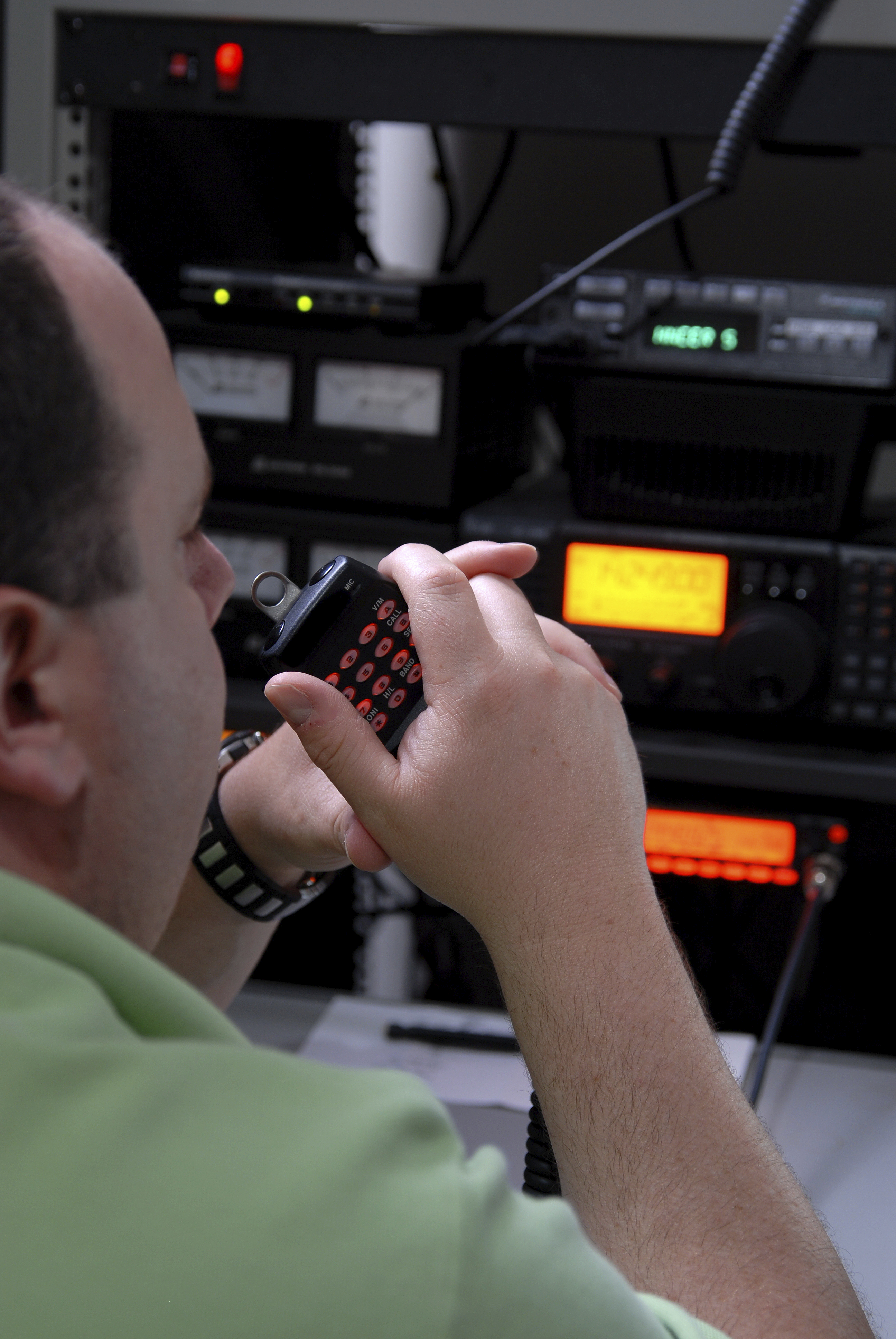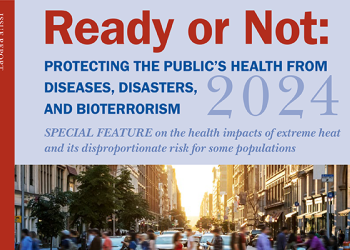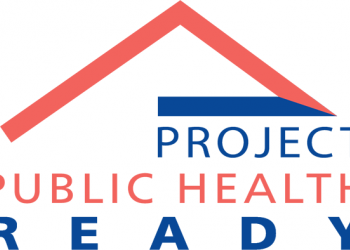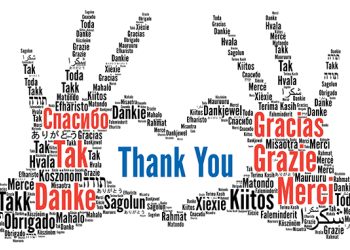
By Andy Roszak, Senior Director for Environmental Health, Pandemic Preparedness, and Catastrophic Response, NACCHO
This post originally ran on NACCHO’s new Preparedness Brief Blog. For more preparedness news and resources, visit http://www.nacchopreparedness.org.
Incidents over the past year have once again demonstrated that developing a robust and reliable system for communicating during a disaster continues to be a challenging task. Landlines tend to be one of the first victims of natural and manmade disasters, with cell phone networks generally close behind. During times of disaster, many organizations are turning to amateur radio (HAM radio) to maintain communications and ensure continuity of operations.
HAM Radio Test Resources
Operation of an amateur radio requires an operator license granted by the Federal Communications Commission. There are three classes of license: Technician Class, General Class, and Amateur Extra Class. Before receiving a license, you must pass an examination. Most new amateur radio operators start with the Technician Class operator license. There are numerous resources to help you prepare for the Technician examination. The American Radio Relay League provides resources and information for individuals seeking licensure. Numerous study guides, question banks and resources are available for little to no cost.
Additional study resources:








